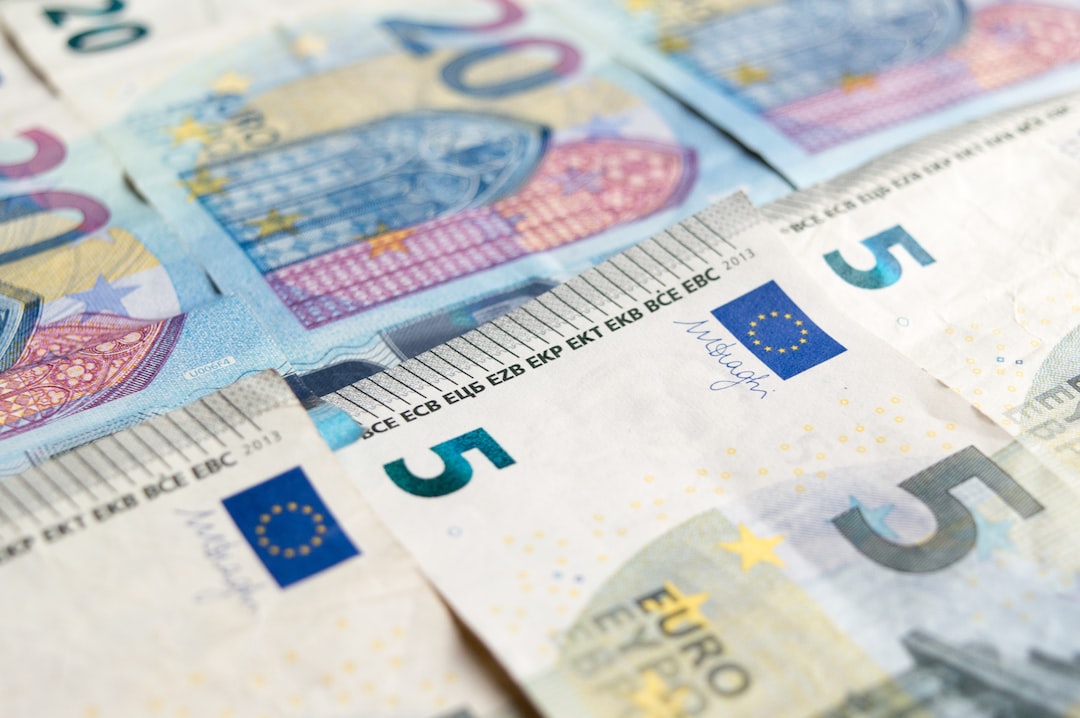The foreign exchange or forex market is a global decentralized marketplace for trading currencies. It is the largest financial market in the world, with an average daily turnover of around $5 trillion. The forex market is heavily influenced by various economic and political factors, including interest rates. In this article, we will explore what happens to the forex market when interest rates go up.
Interest rates are the cost of borrowing money and the return on lending money. Central banks set interest rates to manage the economy and control inflation. When interest rates go up, it means that the cost of borrowing money increases, which affects the demand for loans and investments. Higher interest rates also increase the return on savings and investments, which can attract more capital into the country.
When interest rates go up, it affects the forex market in several ways. Here are some of the key impacts:
1. Currency appreciation: One of the primary effects of higher interest rates is that it tends to strengthen the currency. When a country’s interest rates increase, it becomes more attractive to foreign investors because they can earn a higher return on their investments. As a result, the demand for the country’s currency increases, which drives up its value.
For example, if the US Federal Reserve raises interest rates, the US dollar will likely appreciate against other currencies. This is because investors will flock to US assets, such as bonds and stocks, to take advantage of the higher returns. As a result, the demand for US dollars will increase, driving up its exchange rate.
2. Capital inflows and outflows: Higher interest rates can also affect capital flows into and out of a country. When a country’s interest rates increase, it can attract more foreign capital, which can lead to a rise in the value of its currency. However, if the increase in interest rates is too high, it can also lead to capital outflows as investors seek higher returns elsewhere.
For example, if a country’s interest rates increase too much, it can make its exports more expensive, which can hurt its economy. In this case, investors may sell their investments in that country, leading to a decline in its currency.
3. Changes in inflation expectations: Interest rates can also influence inflation expectations. If a central bank raises interest rates to combat inflation, it can signal to the market that it is taking a more hawkish stance on inflation. This can lead to a decrease in inflation expectations, which can lead to a decline in the value of the currency.
On the other hand, if a central bank lowers interest rates to stimulate the economy, it can signal to the market that it is taking a more dovish stance on inflation. This can lead to an increase in inflation expectations, which can lead to a rise in the value of the currency.
4. Impact on carry trade: Carry trade is a popular forex trading strategy where traders borrow money in a low-interest-rate currency and invest it in a high-interest-rate currency. When interest rates increase, it can affect carry trade strategies. If the interest rate differential between two currencies narrows, it can reduce the profitability of carry trades, which can lead to a decline in demand for the high-interest-rate currency.
In conclusion, interest rates have a significant impact on the forex market. When interest rates go up, it can lead to currency appreciation, changes in capital flows, changes in inflation expectations, and impact on carry trade strategies. Traders need to pay close attention to central bank decisions and interest rate announcements to make informed trading decisions.






